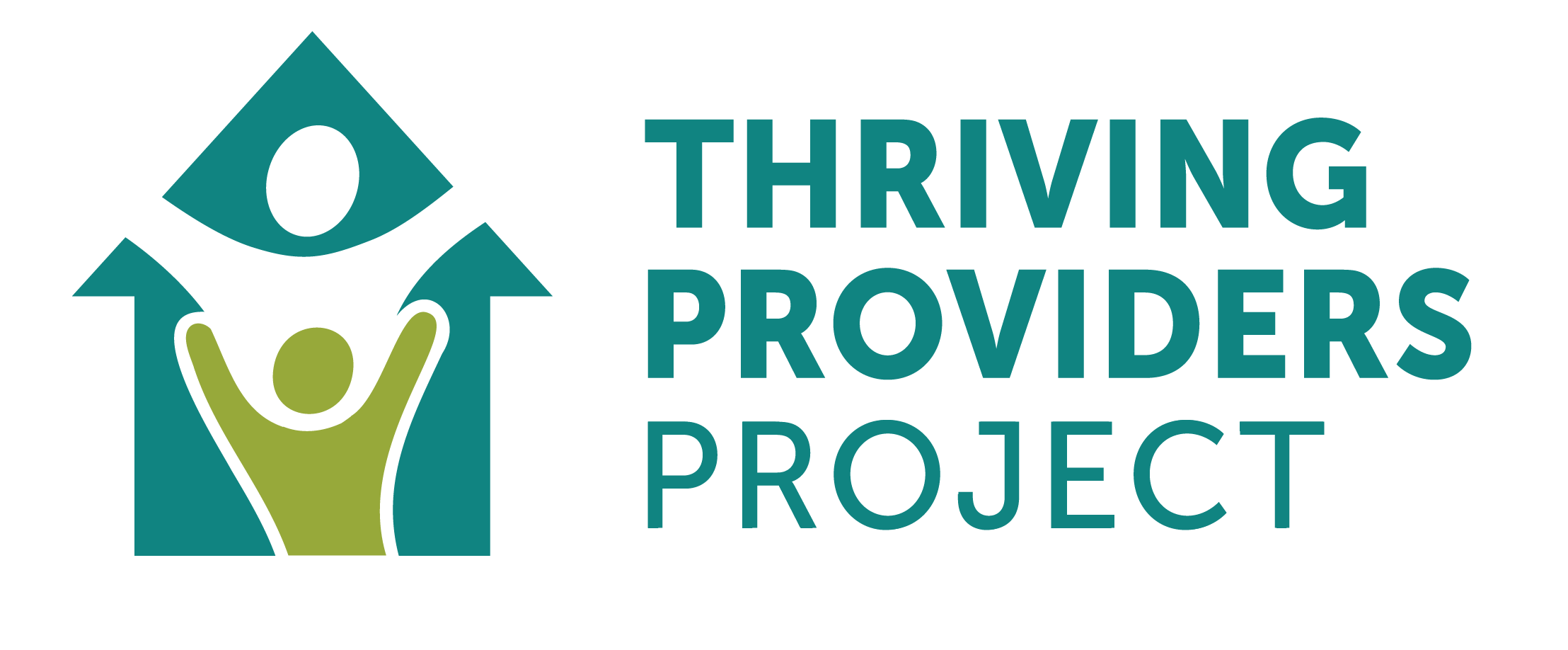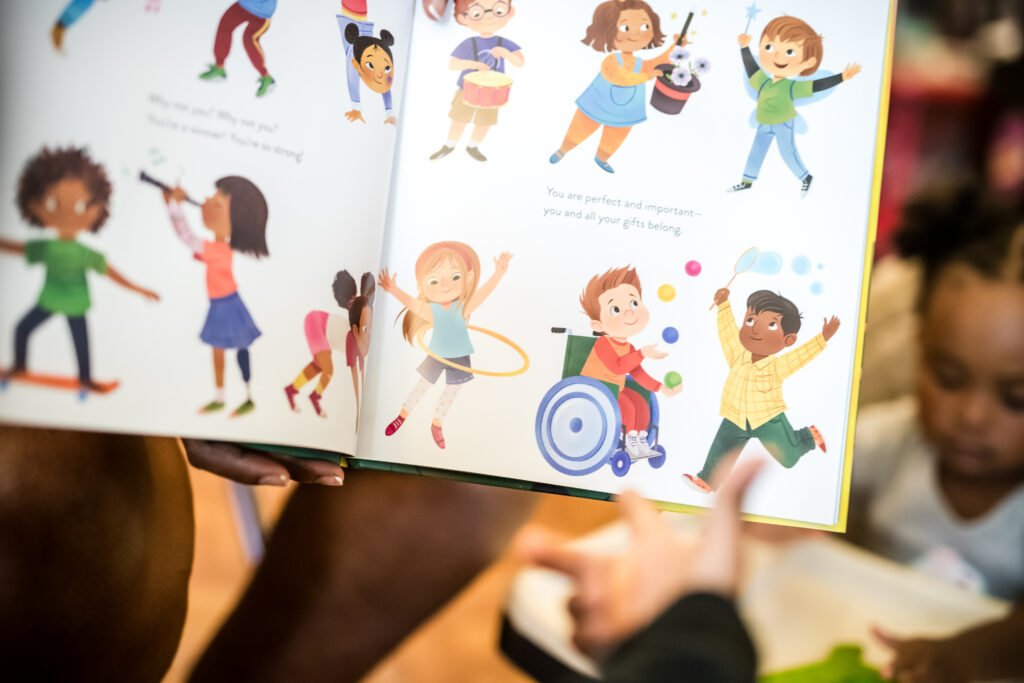In this update, we share what we’ve learned so far about providers’ experiences with the Thriving Providers Project (TPP) in New York and Philadelphia. We share early findings from the first six months of data collected from these sites between May and December 2024. These data are from a range of voices: the majority of the 37 TPP participants in our evaluation sample in Philadelphia identify as Black (86%), female (97%), and with English as a preferred language (100%). In New York City, the 36 evaluation participants are 87% Hispanic/Latinx, 13% Black, 100% female, with 64% listing Spanish as their preferred language.
| TPP participants report they are better able to meet basic needs. In monthly surveys, we asked participants how hard it has been over the past month to pay for basics like food, housing, medical care, and heating. In both New York and Philadelphia, our data suggest more participants are finding it easier to pay for basic needs. | “Helped with monthly bills/emergencies.” – Philadelphia provider “I’m able to buy my medicine.” – Philadelphia provider “The funds from Thriving Providers is helping to keep my mortgage paid and my health insurance paid while I await new students or another source of funding.” – Philadelphia provider “Cash payment has help[ed] me pay my bills and allowed me to keep my doors open.” – NYC provider “It has helped me to keep up with the utility payments that are important to keep my daycare open such as electricity, phone and internet.” – NYC provider |
| TPP participants report using the direct cash transfers (DCTs) to pay off debt. We asked participants, “Do you currently have overdue bills and/or debt?” By this we mean rent, mortgage, utility, medical, student loan, credit card, or other bills that are past due. On average, in New York and Philadelphia, 76% of participants responded ‘yes’. Of those that said yes, participants reported using the DCTs to pay those overdue bills or debt (38% in New York, and 50% in Philadelphia). | “Yes, I have been able to pay off my credit cards and get caught up.” – NYC provider “I’m still able to pay my bills that are behind due to my low enrollment. TPP has covered some of the late bills I’m experiencing.” – Philadelphia provider |
| TPP participants report experiencing less fluctuation in their income. We asked whether participants had experienced fluctuations in their income in the past month. In New York and Philadelphia, over the last quarter, we see fewer participants reporting fluctuations in income. | New York survey responses At the start of the pilot in New York (June 2024), 74% of participants reported experiencing fluctuations in income. By November 2024, this had reduced to 53%. “As stated before, I lost half my clientele. While I await new students, direct payments are helping me pay my mortgage, utilities and the other major bills that must be covered to remain open. If I was not receiving these direct payments I might have to close temporarily, go without health insurance, go delinquent on my credit cards or or take a part-time job to help keep my afloat” – Philadelphia provider “The direct cash payment [has] helped me greatly in the past month because I had one child abruptly move to another state and another child started school and therefore don’t need to be in daycare anymore. Those 2 loses at the same time impacted my income” – New York provider |
With six months of data for TPP in New York and Philadelphia, it is encouraging to see a decrease in difficulties paying for basic needs and income fluctuations; we know that consistent access to basic needs contributes to a healthy and stable environment for providers and the children they care for. The qualitative data collected illustrates how providers use the money “to keep the doors open” and continue to provide much needed child care in their community. We’ll continue to watch these trends and share our learnings through this newsletter for these and new TPP sites.

